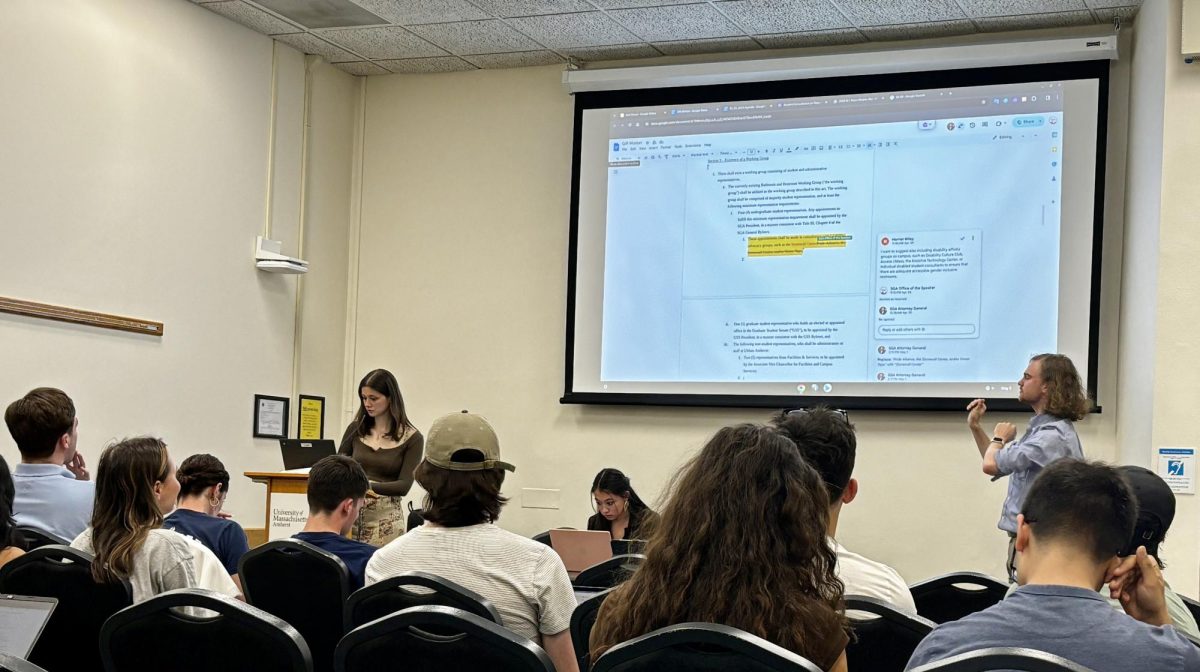Security and privacy, online or off, are becoming more and more important every day. Few people seem to care, though, until some new story appears where company X has lost two million customer records. And that’s relatively benign.
What happens if instead your bank has an intrusion, or a social Web site you visit (Facebook or MySpace, for example) lets loose with user information?
Up until the presidency of George W. Bush, most U.S. citizens were exceptionally weary of their government knowing too much about the people. At the same time, little care is given to what information people choose to share with the companies they do business with.
In Europe, however, the situation is somewhat reversed. In general, countries in the European Union have strong privacy protections written into law, but the government tends to know much more about the people. Since we do not have similar privacy laws here, it falls upon the individual to take more responsibility for their privacy.
The best thing to do is to simply stop giving away so much information. Students are bombarded with this sort of thing all the time on campus.
When you fill out that credit card form to get a free shirt, even if you don’t get the card, the company still has your information. And if you look closely at that form, the amount of personal details they ask for is quite extreme.
For example, nearly all forms ask for your Social Security number. Because these are unique, companies can use Social Security numbers to very easily combine the information you’ve just provided them with what they know about you from other sources. But you don’t need to, and indeed shouldn’t, give it to them. By law, it is illegal for them to require the number, though they can still ask.
Years ago, when Radio Shack was still a real store, they would ask every customer for name, address and phone information. Very few people would decline, making a three-person line nearly 15 minutes to get through.
Today, this torch has been passed to the likes of Best Buy, where the next words after hello are, “May I have your phone number?” Most customers that I’ve seen proceed to rattle it off without even a pause.
The online world is no better. Many Web sites will ask you to register first. Often, the information collected is little more than your name and e-mail address, but computers are very good at collating information.
At first, this all seems relatively benign, but remember that this information isn’t just stuffed into some computer in a basement. It is sold and shared to whomever they wish. Web sites will typically have privacy statements, but a blanket clause is almost always present that allows sharing with parent companies and subsidiaries.
Some of the worst privacy invaders are credit reporting agencies, such as the big three – Equifax, Experian and TransUnion. By gathering and collating data from a wide range of sources, these agencies have a substantial file on nearly everybody in the country who has every used a bank or a credit card. And when they get something wrong, it is very hard to make it right again.
Local and regional companies also have surprisingly large databases of customer information. An Associated Press story recently detailed a worker snooping into the customer database at WE Energies in Wisconsin.
According to the article, this database includes “credit and banking information, payment histories, Social Security numbers, addresses, phone numbers and energy usage.” And, for some reason, it contained income and medical information for some customers.
The company fired or disciplined some employees when the snooping occurred, but the real question is for what possible reason would the company amass so much information in the first place? There is no need for the power company to know my Social Security number or income, and certainly no reason for them to have any of my medical history.
It’s not time to break out the tin foil hats, but when a regional power company is allowed to know so much about you for no reason, then it is time to worry.
Even if there were laws to prevent either the gathering or the using of such information, there are so many of these large databases that it would be hard to monitor but a few of them.
Remember that it is your information, and you don’t need to give it away. If some random store you visit asks for your address, don’t just blindly give it. Think about whether you really want that catalog.
Unless you are doing something related to taxes or health care, there is almost never a good reason to give out your Social Security number. That number alone provides almost instant access to troves of information about you.
John Gruenenfelder is a Collegian columnist. He can be reached at [email protected].






